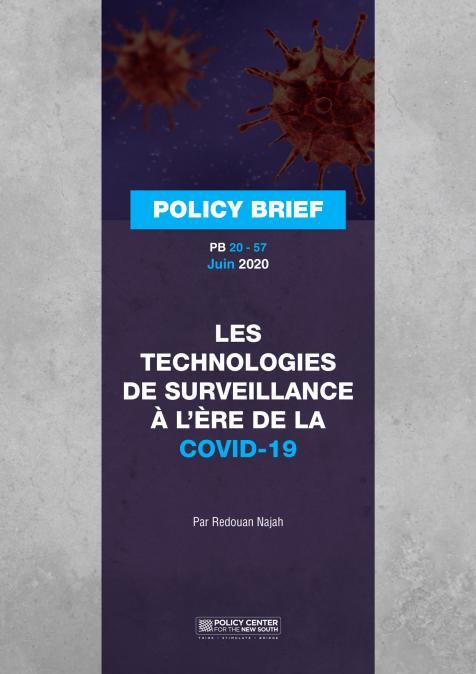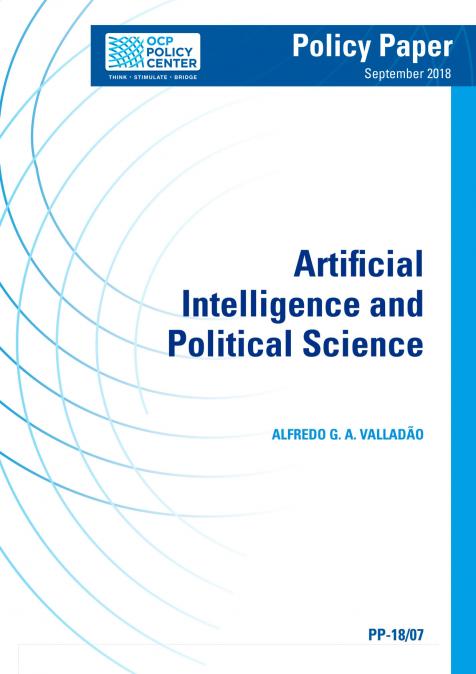Podcasts
Growing Cybersecurity Threats in the Atlantic: What’s the Plan?
Related topics:
This podcast is performed by Tim Ridout. Cybersecurity threats continue to increase as more electronic devices and systems connect to the Internet. Aside from hackers directly penetrating systems to steal information or disrupt services, the speed and ease with which people can communicate has enabled terrorist organizations to recruit fighters and spread their messages on a greater scale. The technical complexity of cyberspace (i.e. globally networked electronics) and the social changes it brings makes policy discussions very difficult, especially between different professional communities.
But strategies and plans are being developed to manage these new threats around the Atlantic space and the rest of the world. The United States is engaging with a host of partner countries to share information and expertise even as it develops its own cyber strategy. In Latin America, cyber threats tend to be related to organized crime, whereas the United States and Europe also worry about threats to critical infrastructure such as electric grids. In Africa, many countries are less reliant on cyberspace, which protects them from vulnerabilities, but increasing use of mobile devices for communication and payment will bring with them greater security and criminal threats. This briefing will give a quick overview of the challenges of cyberspace and will discuss how some countries in the Atlantic are addressing these new threats.






